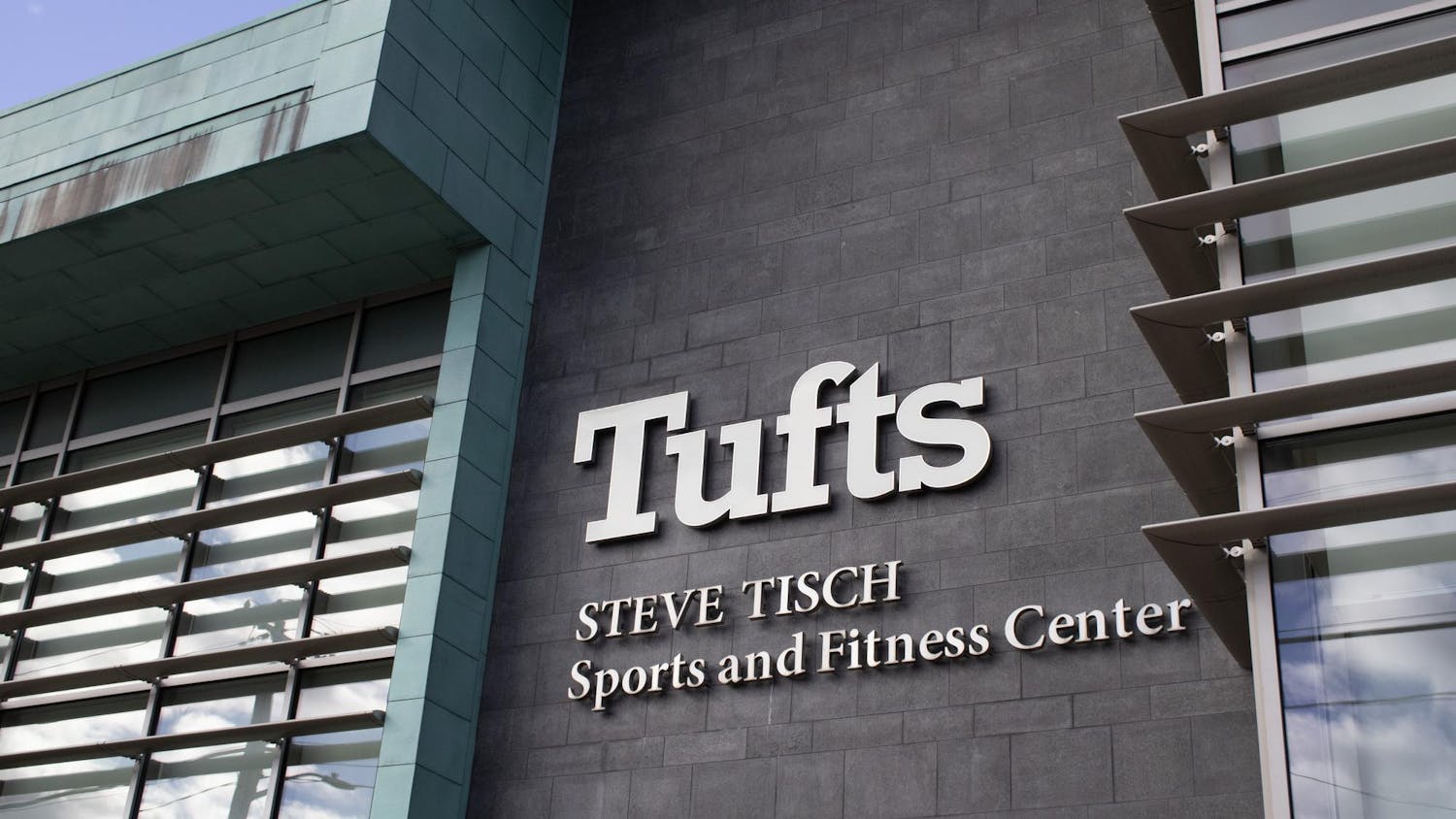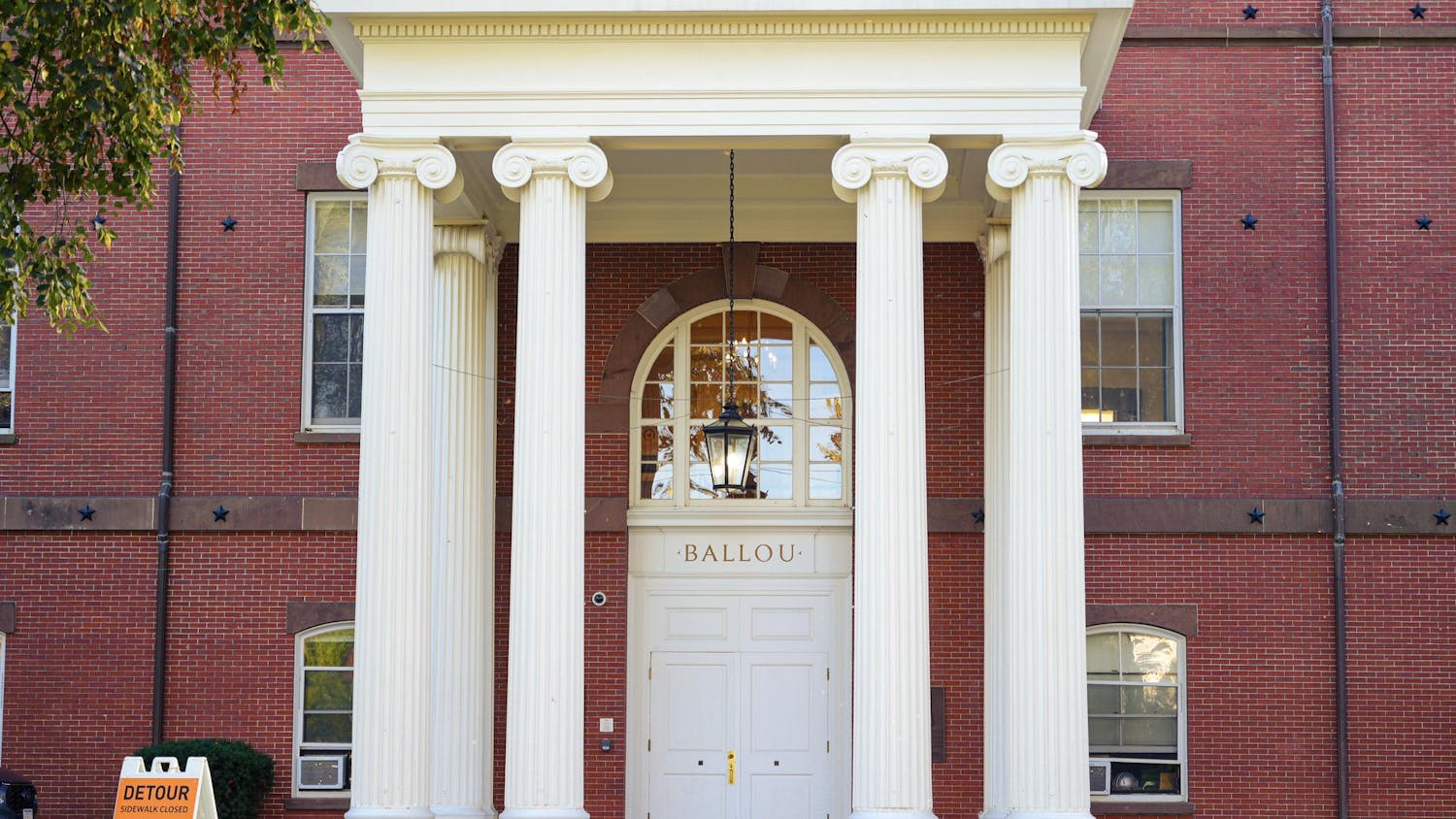Content warning: This article discusses policy surrounding sexual misconduct.
The Office of Equal Opportunity (OEO) will continue to use the preponderance of the evidence standard for sexual misconduct cases in accordance with its current adjudication process, following the Department of Education's rescinding of Obama-era regulations in a Q&A on Campus Sexual Misconduct document released on Friday from the department's Office for Civil Rights (OCR), according to Jill Zellmer, executive director of OEO and Title IX coordinator.
The document was released in the interim of a notice-and-comment process to reform sexual misconduct policy first announced by Secretary of Education Betsy DeVos in a speech at George Mason University earlier this month.
A 2011 "Dear Colleague" letter issued during President Barack Obama's administration lowered the burden of proof in such cases to a preponderance of the evidence standard, requiring a simple majority of the evidence to implicate a student accused of sexual misconduct. The new OCR document allows universities to elect to increase the burden of proof necessary to find someone guilty of sexual misconduct to clear and convincing, meaning more evidence would be necessary to implicate the perpetrator.
Zellmer explained that, while the outlined procedure is temporary until the department solidifies regulations after the notice-and-comment process finishes, Tufts is not currently changing this policy.
"We're going to continue to use the preponderance of the evidence standard, which is the standard that we use for all conduct issues across the university so that's what we're keeping, and we're not anticipating that we're going to have to change it," she said.
The current adjudication process — which has been in place since 2011 — utilizes a panel of adjudicators composed of staff and faculty from all around the university, according to OEO's Sexual Misconduct Adjudication Process Overview. OEO works to pick adjudicators from campuses other than the one where the case is reported to help avoid conflict of interest, Zellmer said.
Zellmer said this process seems to be most appropriate way to adjudicate with a preponderance of evidence standard of proof.
"If there's a panel, it seems like people are comfortable with the preponderance of the evidence standard because more than one person is making the decision," she said.
The Dear Colleague letter recommended a general 60-day time limit for investigations into sexual misconduct cases. DeVos’ new regulations, on the other hand, do not call for a specific time frame for a prompt investigation. Zellmer noted that the university has chosento move to a period of 60–90 days for investigations in order to maintain respect for the student calendar and ensure proper thoroughness in the process.
“I never really felt comfortable with the 60-day time frame anyway," she said. "If a case comes in at the middle of the semester, which is more likely than at the beginning, we have to make sure that we're not talking to students during finals and midterms ... [and] that 60 days is almost impossible."
Zellmer added that OEO will still aim to complete investigations before the 90-day mark, but that expanding this regulation will help to ensure that the investigation is properly conducted.
"I want it to be right, I don't want it to be fast," she said. "I'm not going to go at the expense of accuracy just for expediency."
Friday's OCR letter also allows for mediation in cases regarding sexual misconduct adjudications, a policy which was banned in the Obama-era for cases of sexual assault specifically. While the university-wide policy prohibits the use of mediation in sexual assault cases and will continue to do so, Zellmer said that OEO will now be open to the idea of mediation in certain sexual misconduct matters, should both parties be comfortable with that approach.
“For sexual misconduct matters, like for example catcalling … mediation might be feasible, but [the administration feels] very uncomfortable with mediation in many situations that are not even sexual assault because there's a power dynamic that may play out,” she said.
The university is prepared to conduct such mediation processes, with three certified mediators working within OEO, Zellmer said. She added that OEO will be very judicious in deciding which cases warrant the use of mediation.
“I know that there's a movement toward restorative justice, and I'm not opposed to that but I think that we have to be really mindful that if someone doesn't want to do mediation, we're not going to make them,” she said.
Bailey Siber, an Action for Sexual Assault Prevention (ASAP) executive board member, said the document generally undermines the power of survivors, especially by rescinding the preponderance of the evidence standard.
"The [regulations] were put in place under the last administration in hopes that it would make the process a little bit less taxing for survivors, so for going against that kind of perpetuates and further undermines what they were trying to do in the last administration," she said.
Siber also expressed frustration with the level of ambiguity provided in the document.
“It doesn’t seem like there’s a lot of actual guidance of what colleges should do and how and when," she said. "I think it’s placing the burden back on the colleges without giving them structure or instruction on what to do moving forward."
Zellmer agreed that Friday’s document was unclear in its recommendations, particularly in the section surrounding interim measures for universities during their investigation processes.
"I think that after their notice-and-comment period, they'll have a much more clear idea of what they're trying to say,” she said.
She noted that the flexibility of the interim document allows the university to apply sexual misconduct policies inconsistently.
"Different universities have different cultures and climates and so there are some universities that would never use preponderance of the evidence even though they were supposed to be, they never did," Zellmer said. "Then there are other places that would never want to go to clear and convincing, and so I feel like they're trying to appease every constituent, which isn't always good."
Siber added that this level of ambiguity necessitates clear communication from the university surrounding its stance on these issues.
“I want to see some transparency from OEO and from [the] administration in general," she said. "Even if they’re not quite sure what the future is going to hold and how they’re going to respond to this, communicating that the student body and ... cluing them into their thought processes and any changes that are going to happen would be helpful, and honestly necessary."
Zellmer agreed that clear communication will be crucial to help ease the concerns of the student body. She hopes to create and share informational material outlining the changes in guidance over time as they compare to current university policies and added that University President Anthony Monaco will also be vocal around the issue.
“There will be a presidential statement in the next couple of days because we are aware that students are fearful and worried and we don't blame them,” she said.
OEO, along with the entire Sexual Misconduct Prevention Steering Committee, will continue to monitor the notice-and-comment process and discuss implications with input from Monaco, deans from across all of Tufts' campuses, the legal department and students. Zellmer added that the committee welcomes additional student voices in its meetings and through EthicsPoint, a confidential and anonymous communication measure for students to discuss concerns with OEO and provide feedback.
Zellmer noted that Massachusetts Bill S.2081 may provide additional ambiguity to guidelines for universities in the state. If passed, the State Senate bill, which is also currently in a notice-and-comment period according to Zellmer, would solidify certain protections that the OCR enforced under the Obama administration, including the use of the preponderance of the evidence standard to resolve complaints.
"[The state legislature is] trying to push some stuff through so that even if the federal government changes the standard, that Massachusetts might get there first and say that Massachusetts must comport to the preponderance of the evidence standard, that's going to be really interesting,” Zellmer said.
OEO is closely monitoring that process because of the potential for conflicting results on the federal and state level.
“If after the OCR notice and comment period, they decide to change the standard, but the Commonwealth of Massachusetts has already said ‘no, all universities in Massachusetts must use the preponderance of the evidence standard,’ we're in a huge conflict,” Zellmer said.
Regardless of the results on both the national and state-wide scales, ASAP executive board member Erin Viola is concerned that fewer students will report because of misunderstandings of the situation from what they hear in the media.
“People are reading different news sources, and Tufts would have to make it really public if they chose to stand their ground, and if they don't people are going to get spooked,” Viola, a sophomore, said.
Zellmer hopes that this prediction does not come to fruition.
"It's hard enough being a student, it's hard enough worrying about these topics, whether you're a complainant who's experienced sexual misconduct or whether you're a respondent who's been accused of it," she said. "This shouldn't be something to be afraid of ... because it's a process that is going to get to what fairness is."
OEO maintains current burden of proof for sexual misconduct cases following DeVos' removal of Obama-era regulations

Betsy DeVos, U.S. Secretary of Education is pictured above.





